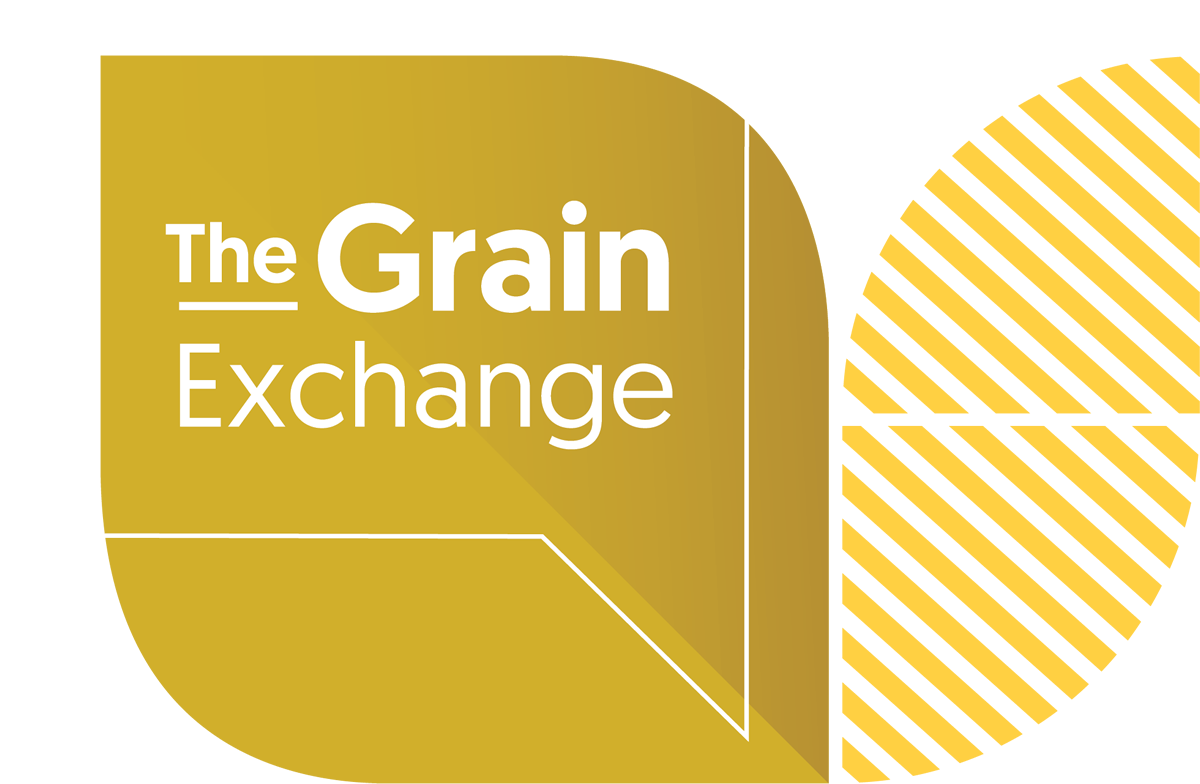Digital locks, warranties and what’s next: Right to Repair in Alberta
Farmers know the frustration of being sidelined during harvest because farm equipment failures or codes with a limited ability to diagnose or repair the issue on their own. While equipment innovations and digitization have boosted farm productivity, copyright law has made it harder for farmers to repair or diagnose their own machinery. Fortunately, recent legislative changes are shifting that dynamic.
Alberta Grains raised this concern with policy makers and actively advocated for legislative changes to give farmers greater autonomy and choice to repairing their own farm equipment. In Fall 2024, Parliament passed amendments to the Canadian Copyright Act through Bills C-244 and C-294. These changes introduced exemptions that now allow farmers to bypass digital locks, officially called ‘technological protection measures’ (TPMs).
TPMs are software or hardware tools preventing access to a device’s internal systems, such as encryption, password protection, or hardware-based restrictions embedded in files or devices. These measures often restrict producers from doing basic tasks like reading fault codes, running diagnostics or resetting error messages.
Another significant change from these amendments is the reduced need to rely on Original Equipment Manufacturers (OEM) parts. Previously, TPMs could block unauthorized parts from being recognized by the equipment’s onboard computer, limiting options and increasing repair costs. Now, farmers can enjoy greater flexibility and simpler compatibility when connecting implements from different OEMs.
While Alberta Grains supports these legislative changes, farmers should be aware of important limitations to stay within the law and avoid voiding warranties.
What You Can Do Yourself or with a Hired Technician
You now have the legal right to bypass digital locks (TPMs) on your own equipment to:
- Run diagnostics with OEM software.
- Perform repairs such as replacing parts yourself and troubleshoot repair codes.
- Maintain your equipment.
However, OEMs are not required to provide instructions for bypassing TPMs to facilitate repairs. You may need to purchase diagnostic software or tools yourself. Alberta’s Farm Implement and Dealership Act requires dealers to keep repair parts available for 10 years after the sale of new implements – meaning your older equipment should have the necessary parts for you to use.
What You Cannot Do
This right is limited and comes with key restrictions:
- No modifying the equipment (e.g., increasing speed, disabling emissions controls).
- No using pirated or replacement software.
- No offering circumvention services to others.
- No accessing locked features you haven’t paid for.
While you are protected from copyright infringement claims under the amended law, your warranty could still be voided if you violate software agreements as written in your end-user license agreements (EULA). Many EULAs frequently contain terms that prohibit tampering with software. Despite what may be considered a repair under copyright law, manufacturers can still void warranties if they claim you violated your purchase agreement.
Understanding Digital Interoperability
It is now simpler to make your machines work with other devices or software, such as:
- Adjust settings to allow data exchange between programs.
- Use software or hardware that allows systems to communicate with each other.
- Offer services to others to bypass a TPM enabling interoperability.
However, this does not give you the right copy or share copyrighted software. Again, contract terms or licensing agreements could still apply, and violating them may jeopardize your warranty.
What’s Next
While these changes occurred at the federal level, Alberta’s Farm Implement and Dealership Act (FIDA) governs how farm equipment is sold in the province and provides protections for farmers. For example, FIDA stipulates that new farm implements sold by Alberta dealerships come with a minimum 1-year warranty. Ambiguities remain, and future amendments could help strengthen right to repair in Alberta. This can include clarifications on modification vs. repair, increasing access to information to circumvent TPMs and potential changes to contractual obligations.
To better understand these concerns, Alberta Grains, alongside Team Alberta Crops, the Intensive Livestock Working Group and the Farmer’s Advocate Office (which administers FIDA) developed a survey for farmers. Do not miss this opportunity to anonymously share your experiences and perspectives on equipment repair and interoperability and help shape the future of farm equipment repair in Alberta.
Take the survey here!
